Contents
- Types of Low-Calorie Sweeteners Approved by the FDA
- Plant-Based Sweeteners: Stevia and Monk Fruit
- 🍬 Sugar Alcohols: A Different Kind of Sweet
- 🧪 Low-Calorie Sweeteners and Health: Help or Harm?
- ⚖️ Weight Control: Do Low-Calorie Sweeteners Help or Hinder?
- 🧪 LCS and Cancer: Separating Myths from Evidence
- 📚 Scientific Advisory: Where Experts Stand on LCS
In an era of rising rates of obesity and diabetes, low-calorie sweeteners (LCS) have gained popularity as a sugar alternative, promising sweetness without the added calories. Found in everything from diet sodas and sugar-free gum to yogurt and baked goods, these sweeteners are often marketed as healthier options. But are they really?
LCS include artificial sweeteners like aspartame, sucralose, saccharin, and acesulfame potassium, as well as natural no-calorie sweeteners like stevia and monk fruit extract. Because they are hundreds of times sweeter than sugar, only tiny amounts are needed to create the same taste effect—making them appealing to both food manufacturers and individuals looking to reduce sugar intake.
They’re often recommended for people with diabetes or those trying to manage weight, as they don’t cause immediate spikes in blood glucose and are virtually calorie-free. However, the long-term health effects of regularly consuming LCS remain a topic of ongoing scientific debate.
While some studies suggest potential benefits—such as improved blood sugar control or calorie reduction—others raise questions about metabolic health, appetite regulation, gut microbiota, and risk for chronic diseases.
In this article, we’ll break down what the current science says about different types of low-calorie sweeteners, their uses, potential benefits, concerns, and what to keep in mind if you consume them.
Types of Low-Calorie Sweeteners Approved by the FDA
The U.S. Food and Drug Administration (FDA) has approved six low-calorie sweeteners (LCS) as food additives, each extensively studied for safety. These sweeteners are significantly sweeter than table sugar (sucrose), which allows them to be used in very small amounts—delivering the same taste with fewer or no calories.
Here’s a breakdown of each approved LCS:
| Sweetener | Brand Names† | Sweetness vs. Sugar | Acceptable Daily Intake (ADI) * |
|---|---|---|---|
| Aspartame | Equal®, NutraSweet®, Sugar Twin® | ~200× sweeter than sugar | 75 packets/day ** |
| Acesulfame-K | Sunett®, Sweet One® | ~200× sweeter than sugar | 23 packets/day |
| Saccharin | Sweet’N Low®, Sweet Twin®, Necta Sweet® | ~200–700× sweeter than sugar | 45 packets/day |
| Sucralose | Splenda® | ~600× sweeter than sugar | 23 packets/day |
| Neotame | Newtame® | ~7,000–13,000× sweeter | 23 packets/day |
| Advantame | (No brand name) | ~20,000× sweeter | 4,920 packets/day |
ADI = the maximum daily amount (based on a 132-pound adult) that can be safely consumed over a lifetime with no health risk.
Note: Individuals with phenylketonuria (PKU), a rare genetic condition, must limit phenylalanine, a component of aspartame.
These LCS are commonly found in diet sodas, sugar-free gum, yogurt, candies, baked goods, and tabletop sweeteners. Despite their approval and widespread use, questions still linger about their long-term effects—especially when consumed regularly or in combination with other ingredients.
Plant-Based Sweeteners: Stevia and Monk Fruit
In addition to the six FDA-approved LCS as food additives, two more low-calorie sweeteners are permitted for limited use in the U.S. through the FDA’s Generally Recognized as Safe (GRAS) program. These plant-based sweeteners have gained popularity as “natural” alternatives to artificial sweeteners:
✅ Steviol Glycosides (from Stevia)
- Source: Stevia rebaudiana, a plant native to South America
- Sweetness: 200–400× sweeter than table sugar
- ADI: Equivalent of 9 packets/day
- Common names: Rebaudioside A (Reb A), Stevioside, Rebaudioside D
- Brand examples: Truvia®, PureVia®
- Use: Found in drinks, yogurts, tabletop sweeteners, and more
⚠️ Note: Whole stevia leaf and unrefined stevia extracts are not approved for use as sweeteners in the U.S., due to a lack of safety data. Only purified steviol glycosides are considered GRAS.
✅ Monk Fruit Extract (SGFE)
- Source: Siraitia grosvenorii, a small melon-like fruit native to Southern China
- Sweetness: 100–250× sweeter than sugar
- ADI: Not yet established
- Use: Found in beverages, baked goods, and sugar-free desserts
- Label names: Often listed as “monk fruit extract” or “luo han guo extract”
Monk fruit sweeteners contain mogrosides, the natural compounds responsible for the fruit’s intense sweetness and zero-calorie profile.
Both of these sweeteners are widely marketed as “natural” alternatives to synthetic sugar substitutes. However, as with all LCS, more long-term independent research is needed to understand their full impact on metabolic health, gut bacteria, and weight regulation.
🍬 Sugar Alcohols: A Different Kind of Sweet
Sugar alcohols, also known as polyols, are not classified as low-calorie sweeteners (LCS), though they are often used for similar reasons: to sweeten foods with fewer calories and without raising blood sugar levels dramatically.
⚙️ What Are They?
Polyols are carbohydrates that occur naturally in some fruits and vegetables but are also manufactured for use in “sugar-free” or “reduced-sugar” products. They provide fewer calories than sugar (about 1.5–3 kcal/g vs. 4 kcal/g in sugar) and don’t contribute to tooth decay or sharp spikes in blood glucose.
✅ Common Types of Sugar Alcohols
| Name | Sweetness vs. Sugar | Found in: |
|---|---|---|
| Sorbitol | ~60% | Sugar-free candy, gum, toothpaste |
| Xylitol | ~100% | Mints, mouthwash, baked goods |
| Erythritol | ~70% | Sugar-free drinks, ice cream, gum |
| Mannitol | ~50% | Medications, chocolate coatings |
| Lactitol | ~35% | Sugar-free desserts, syrups |
| Maltitol | ~90% | Sugar-free chocolate, protein bars |
⚠️ Possible Side Effects
Because sugar alcohols are absorbed slowly, they can cause digestive issues like:
- Gas, bloating, or cramping
- Loose stools or diarrhea, especially in large quantities
These effects are more common with sorbitol, mannitol, and maltitol, and less so with erythritol.
👉 Some people develop tolerance over time with regular use.
🩺 New Research on Erythritol and Heart Health
A 2023 observational study raised concerns about erythritol, a common additive in many sugar-free foods and drinks:
- People with the highest blood levels of erythritol had twice the risk of heart attack or stroke compared to those with the lowest levels.
- Lab tests suggested erythritol might increase blood clot formation by making platelets “stickier.”
🔎 It’s important to note: erythritol is also naturally found in fruit, wine, and beer, but the quantities used in commercial products are significantly higher.
📌 Takeaway
Sugar alcohols offer a way to reduce sugar intake while preserving sweetness and oral health benefits—but moderation matters. For those with sensitive digestion or at risk of heart disease, caution is especially important with erythritol-heavy foods.
🧪 Low-Calorie Sweeteners and Health: Help or Harm?
Despite their widespread use, the health effects of low-calorie sweeteners (LCS) remain uncertain. Research has shown mixed findings, and ongoing studies are trying to clarify the potential differences between the types of LCS and their effects on long-term health—particularly regarding weight, blood sugar control, and type 2 diabetes.
🍬 LCS vs. Sugar-Sweetened Beverages (SSBs)
A large observational study of French women found that both sugar-sweetened and artificially sweetened beverages were linked to a higher risk of type 2 diabetes.
- SSBs may promote diabetes by spiking blood sugar and insulin, which can lead to insulin resistance over time.
- LCS beverages, surprisingly, were also linked to weight gain in some people—possibly by increasing sweet cravings or stimulating appetite.
🔁 The Problem of Reverse Causation
In studies like these, it’s hard to tell cause from effect. For example:
- People who are already overweight or have prediabetes may switch to LCS drinks to manage their condition.
- This can create a false link between LCS intake and future disease risk, when in reality, the behavior was a response to an existing issue.
A meta-analysis of 17 cohort studies found:
- An 18% higher risk of type 2 diabetes with regular SSB intake.
- A 25% higher risk with LCS beverages—but this may be influenced by reverse causation.
⚖️ When Weight and Health History Matter
In the Health Professionals Follow-up Study, the observed link between LCS beverages and diabetes risk disappeared after accounting for:
- Baseline weight (BMI)
- Existing metabolic conditions
This suggests that people at higher risk may simply choose diet drinks more often, not that the drinks cause the condition.
⚖️ Weight Management and Substitution
Three large U.S. studies found:
- SSB consumption was linked to ~3 lbs of weight gain every 4 years
- Replacing SSBs with LCS beverages or water reduced this gain by about 1 pound
This suggests that LCS drinks may help reduce calorie intake—but the benefits are modest and likely best used as a temporary strategy rather than a long-term habit.
👪 Takeaway
- For adults trying to reduce sugar, a small amount of LCS beverages may be a helpful short-term substitute.
- For children, the long-term effects are unknown—so their intake of LCS drinks should be limited or avoided altogether.
- When possible, choosing plain water, unsweetened beverages, or naturally flavored waters remains the healthiest strategy.
⚖️ Weight Control: Do Low-Calorie Sweeteners Help or Hinder?
Low-calorie sweeteners (LCS) are often used by people looking to cut calories and manage their weight. But do they actually help?
📉 What the Research Says
Long-term observational studies show mixed results:
- Some show that LCS beverages reduce calorie intake and help with weight maintenance or less weight gain.
- Others show no effect—or even weight gain.
- Randomized controlled trials—the gold standard in research—mostly show modest weight loss, but the results are inconsistent and short-term.
Why the mixed findings?
- Many studies use different comparisons: LCS vs. SSBs? Juice? Water?
- Most trials are small, short in duration, and don’t account for long-term behaviors.
🧠 How Sweeteners Might Affect the Brain and Body
Scientists are exploring how LCS might influence appetite, cravings, and metabolism, even if they don’t contain calories.
Here are some hypotheses researchers are investigating:
- Do sweeteners increase our desire for sweets?
Frequent exposure to ultra-sweet flavors—even without calories—might train the brain to crave sugary foods. - Do they trigger hunger signals?
Some theories suggest LCS may trigger an insulin response without raising blood sugar, potentially increasing hunger. - Do they bypass satiety hormones?
Unlike sugar, LCS may not prompt the release of gut hormones that signal fullness—leading to increased food intake. - Do they affect gut microbiota?
Animal studies show that LCS can disrupt gut bacteria, leading to weight gain and higher blood sugar. Human research is still limited.
🧪 Brain Imaging Insights
A study at the University of California–San Diego used fMRI to compare brain responses to sugar vs. sucralose.
- Sugar lit up brain regions linked to reward and satisfaction.
- Sucralose had little effect, possibly failing to satisfy a craving for “real” sweets.
🧁 Bottom Line
Using LCS may help reduce calories—especially when replacing sugary sodas—but they may not be a magic solution for weight loss.
They could even backfire by:
- Reinforcing sweet cravings
- Encouraging overconsumption
- Delaying the shift to a less sweet, more balanced diet
For now, LCS might be a transitional tool, but water, unsweetened beverages, and whole foods remain the best bet for lasting weight control.
🧪 LCS and Cancer: Separating Myths from Evidence
Low-calorie sweeteners (LCS) have long been surrounded by controversy—especially when it comes to cancer risk. But what does the science actually say?
🧫 Saccharin: A History Lesson
In 1977, the Saccharin Study and Labeling Act required warning labels on products containing saccharin, linking it to bladder cancer in rats.
But later research found:
- The cancer link was seen only in one specific breed of male rats prone to bladder infections.
- The reaction was caused by unique compounds in rat urine that humans don’t produce.
- No such cancer link was found in humans.
Outcome:
- In 2000, the cancer warning was removed.
- In 2001, the FDA deemed saccharin safe.
- In 2010, the EPA removed saccharin from its hazardous substances list.
👉 Saccharin remains one of the most deeply studied and cleared LCS available.
🧠 Aspartame and Brain Tumors: A False Alarm?
In 1996, a study linked rising brain tumor rates to aspartame use. But:
- The study never checked if tumor patients even consumed aspartame.
- It only showed two trends happening at the same time—not causation.
- Large-scale human studies and reviews did not confirm this link.
That said, some people report headaches or dizziness after aspartame.
- Case reports support the possibility in sensitive individuals.
- But randomized clinical trials have produced inconsistent results.
🧬 Aspartame in the News (2023)
In 2023, three major health organizations—including the WHO—assessed aspartame:
- It was classified as a Group 2B carcinogen — meaning it’s “possibly carcinogenic to humans”, based on limited evidence (mainly for liver cancer).
- However, no changes were made to the acceptable daily intake of 40 mg/kg body weight.
→ For a 150-lb (68 kg) adult, that’s about 11 diet sodas per day.
💬 Experts emphasized:
“The available evidence does not justify a change in dietary recommendations.”
✅ Bottom Line
Despite decades of controversy, current human research does not show strong evidence that LCS—like saccharin or aspartame—cause cancer.
However, more long-term, high-quality studies are still needed.
For most people, moderate intake within daily limits appears safe.
📚 Scientific Advisory: Where Experts Stand on LCS
In a 2011 joint statement, the American Heart Association (AHA) and American Diabetes Association (ADA) concluded:
✅ LCS may help with weight loss/control
✅ May have positive metabolic effects
⚠️ But these benefits depend on context—if people replace sugary drinks with LCS beverages but overeat elsewhere, the benefits are lost.
The verdict?
“There is insufficient evidence to make a conclusive recommendation. More research is needed.”
🔄 2018 Update: Focus on Cardiometabolic Health
A 2018 scientific advisory from AHA/ADA examined LCS beverages and heart/metabolic health. Here’s what they recommended:
- 🧒 Children should avoid long-term use of LCS drinks due to unknown long-term effects and potential risks from early exposure.
- 💡 For adults who regularly drink sugary drinks, LCS beverages may serve as a short-term tool to help reduce sugar intake—especially if plain water isn’t appealing.
- 🥤 Encourage better alternatives: water (plain or carbonated), or unsweetened flavored waters.
- 🍽️ Emphasize a balanced, nutritious diet—LCS drinks won’t help if overall calorie intake increases from other foods.
- 🧪 More research is still needed on long-term effects of LCS on weight, metabolism, heart health, and chronic disease risk.
🔍 Bottom Line:
LCS beverages may be helpful for adults transitioning away from sugary drinks, but they aren’t a long-term fix—and not recommended for children. Sustainable health gains come from improving overall diet quality.

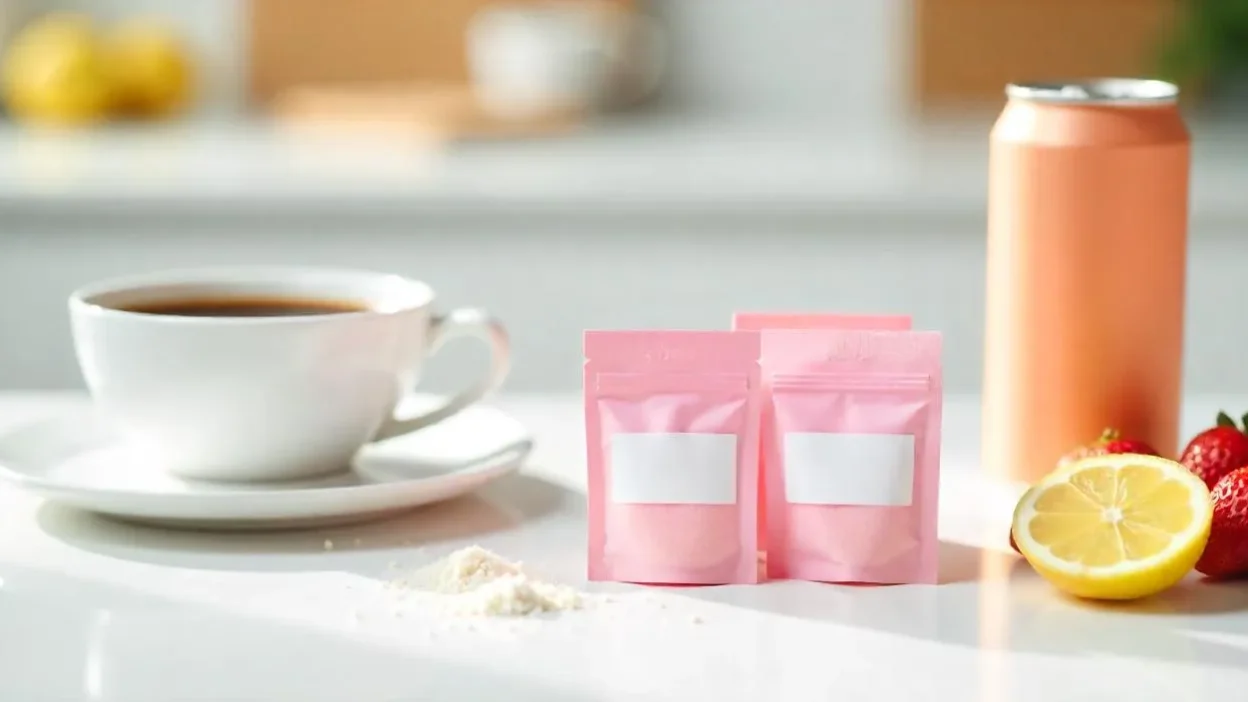
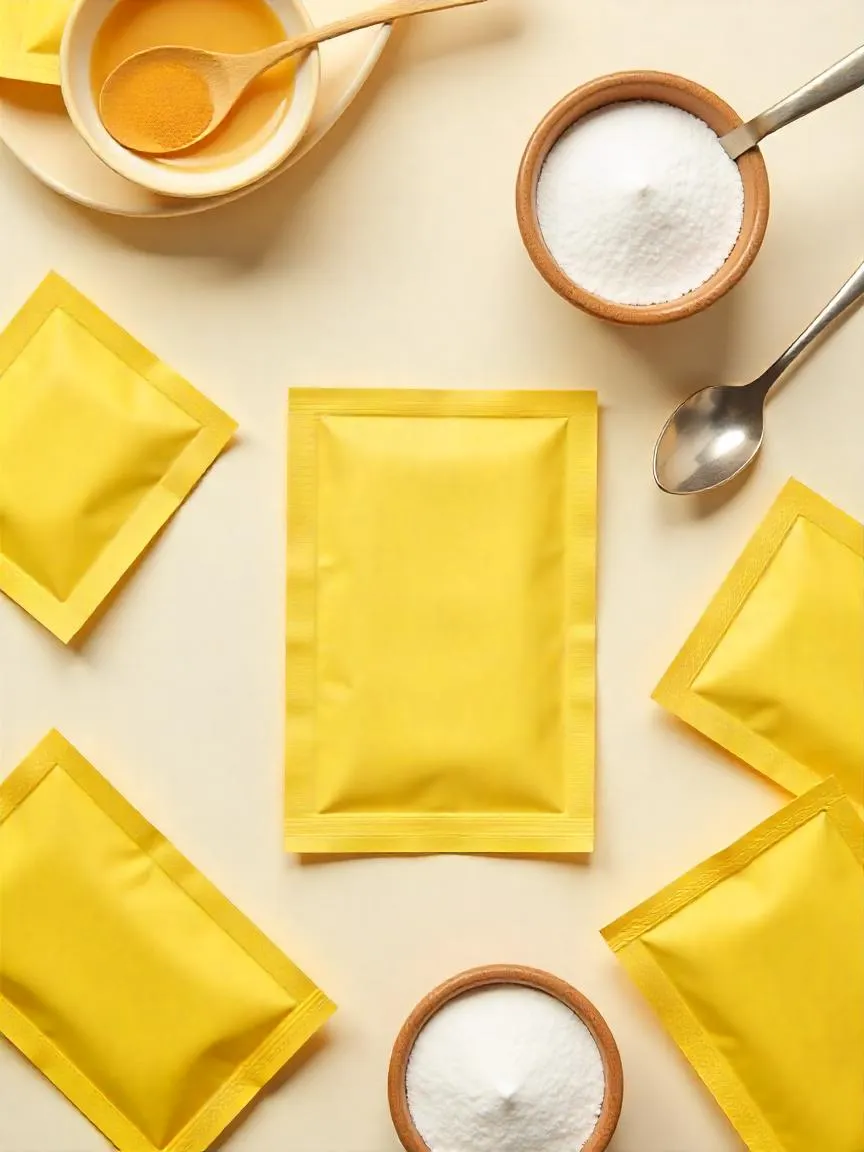
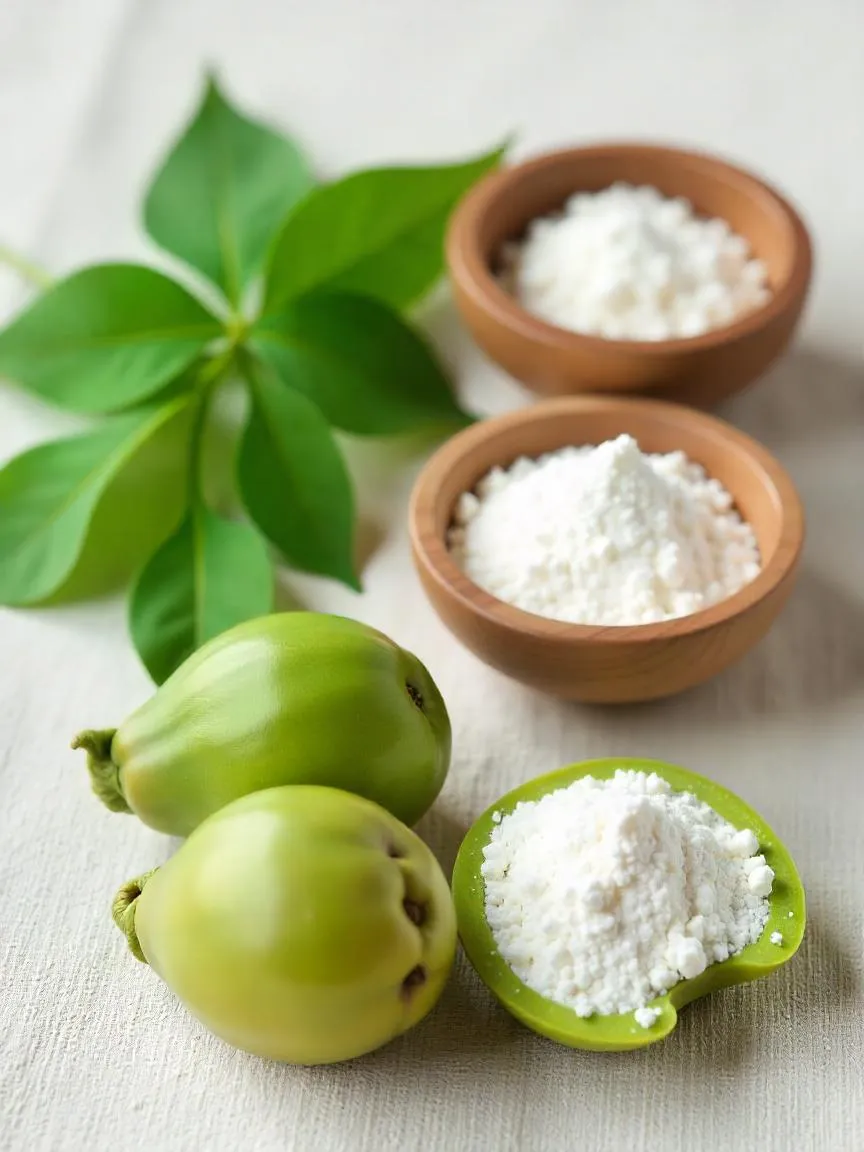
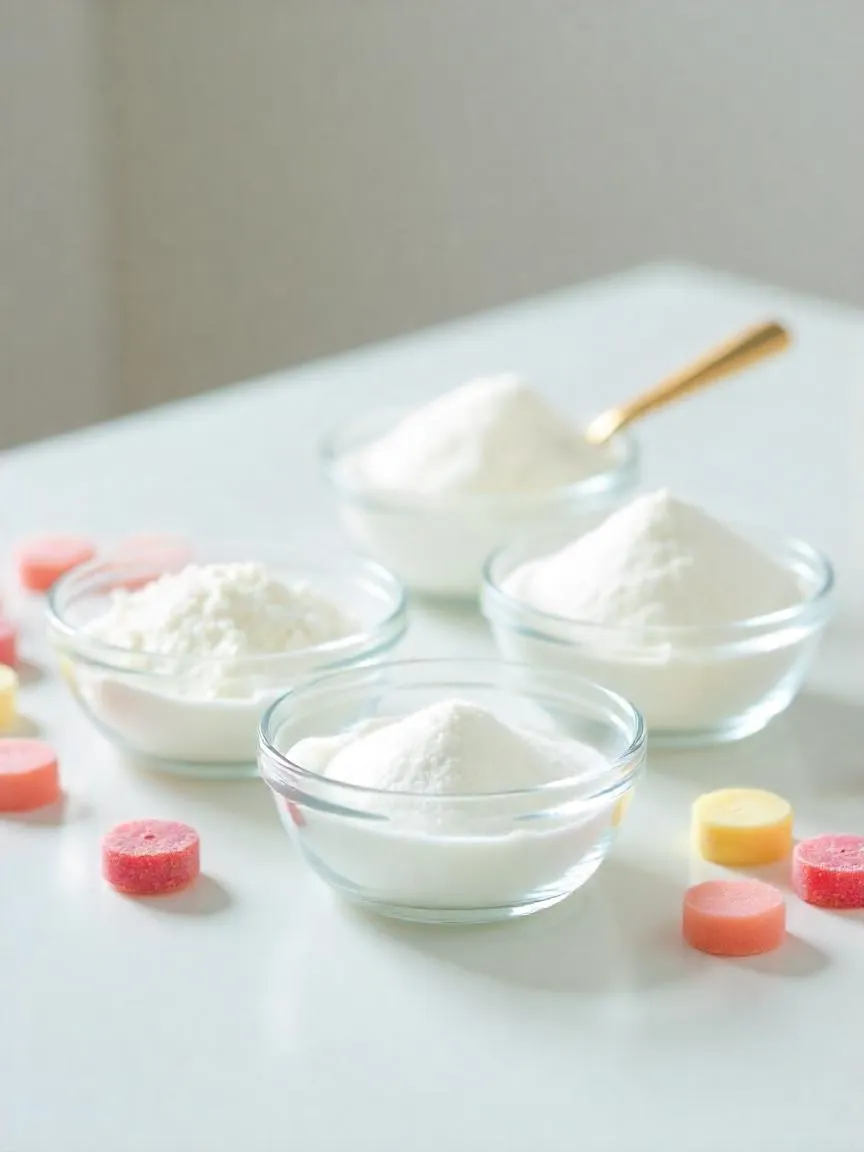

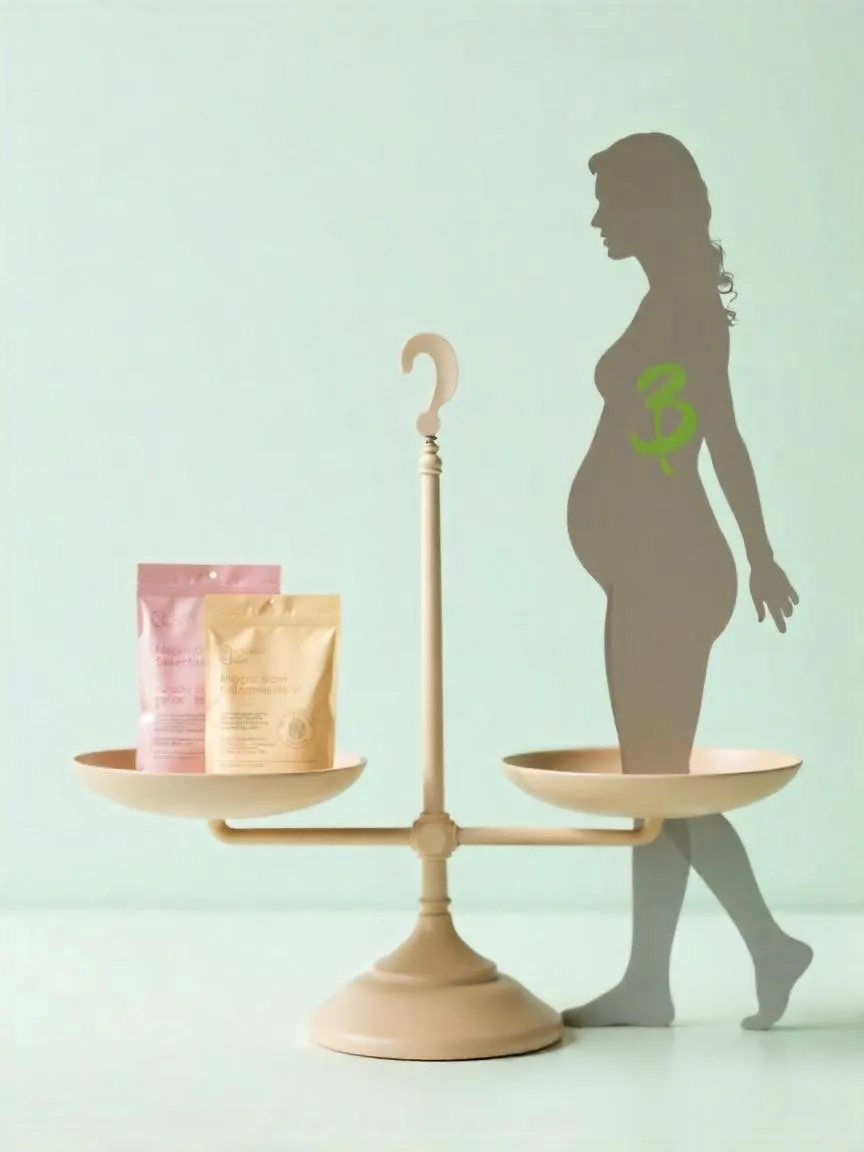
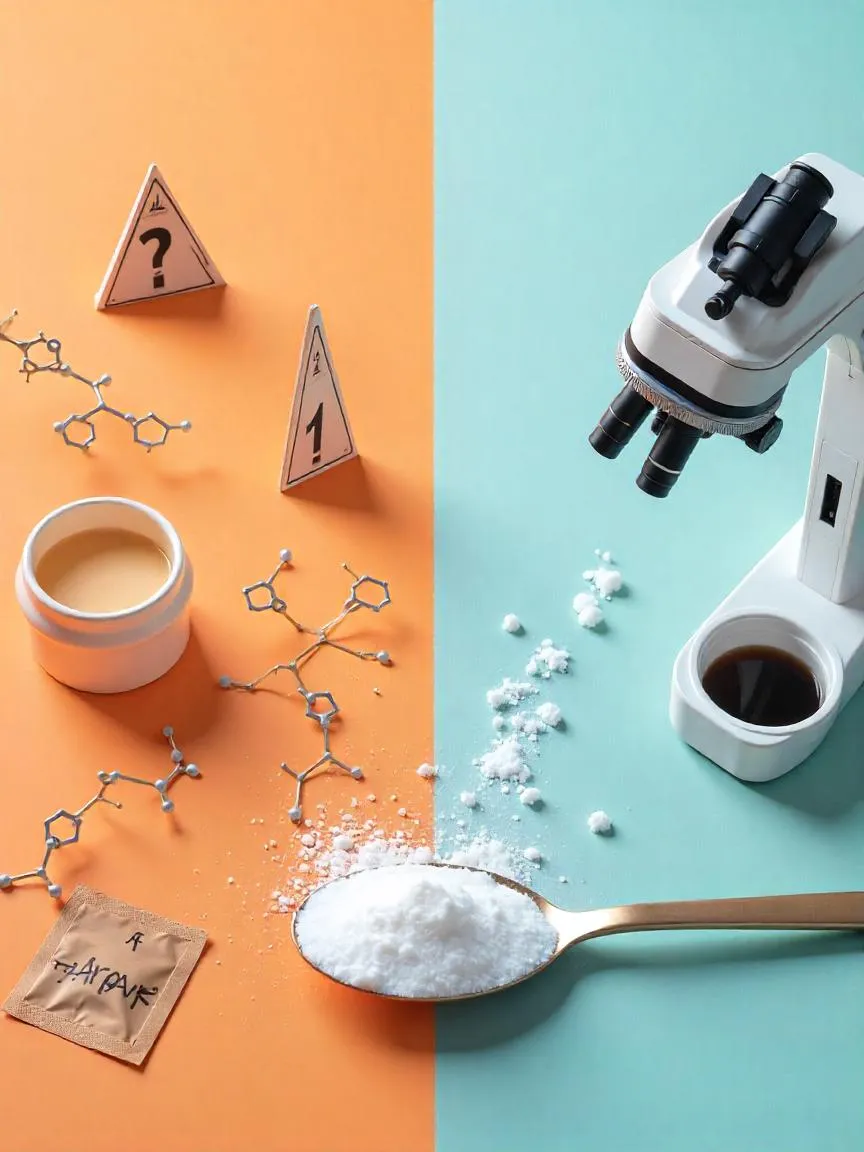
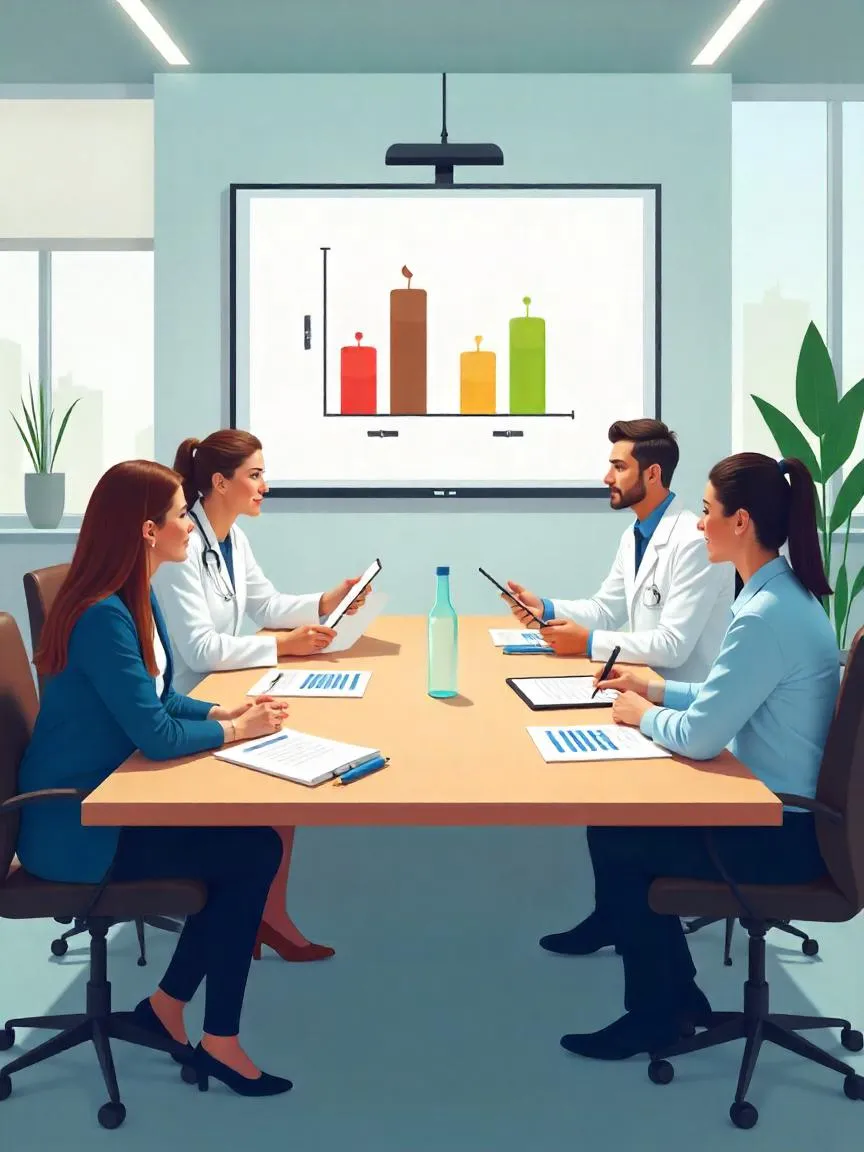
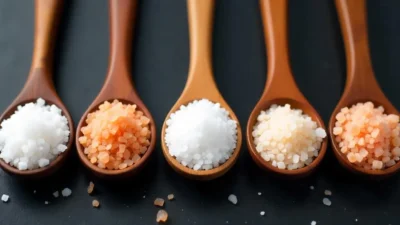


Okay, so I’ve been trying to cut back on sugar, and this article is making my head spin! Are these artificial sweeteners the devil or what? I mean, they sound too good to be true – sweet without the calories? My gut says there’s gotta be a catch, and this article seems to hint at it. I’m definitely going to be more mindful of what I’m consuming now. Anyone else feel like they’re navigating a minefield when it comes to food these days?
I dugg some of you post as I cerebrated they were very useful very helpful
I am lucky that I noticed this weblog, exactly the right information that I was searching for! .